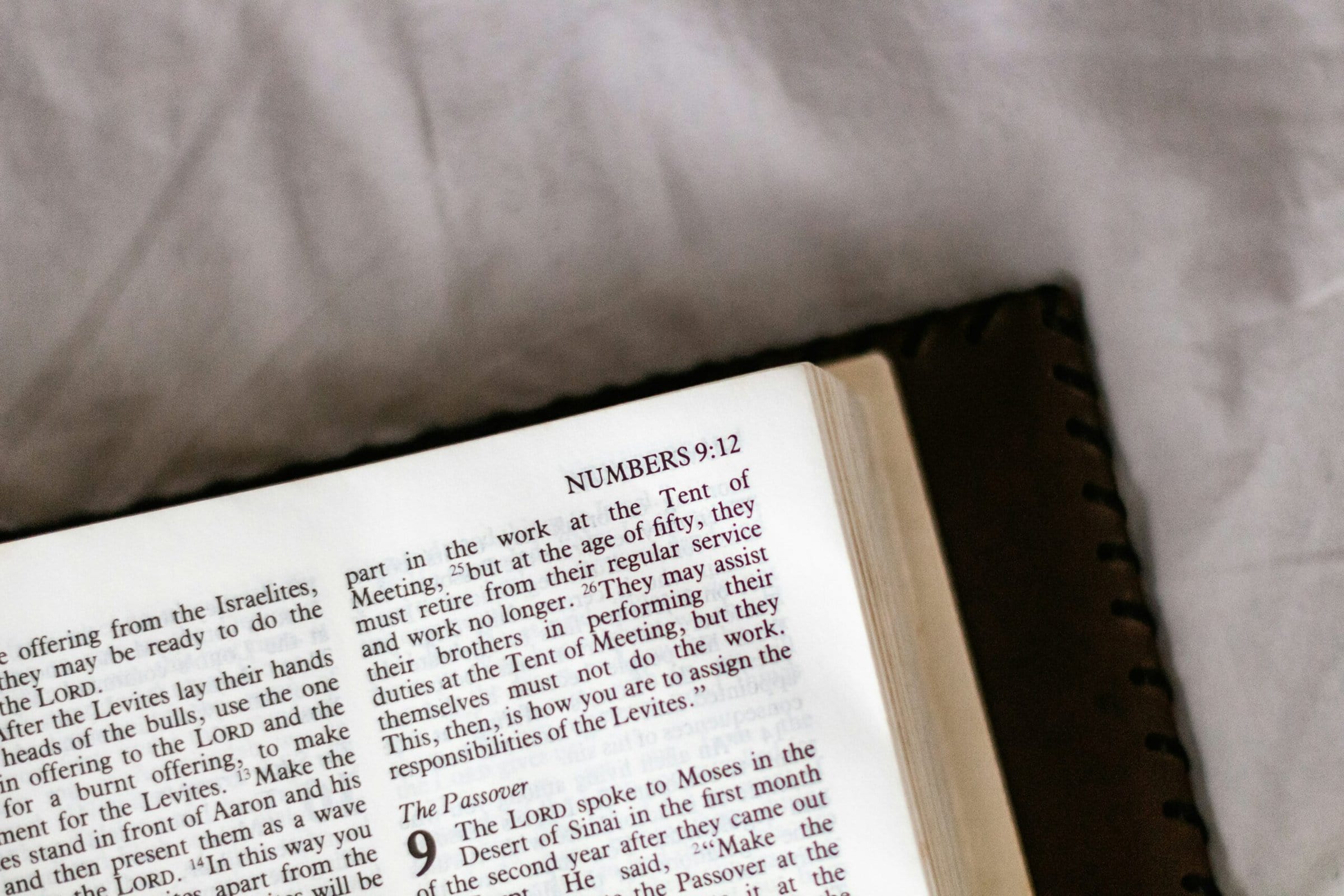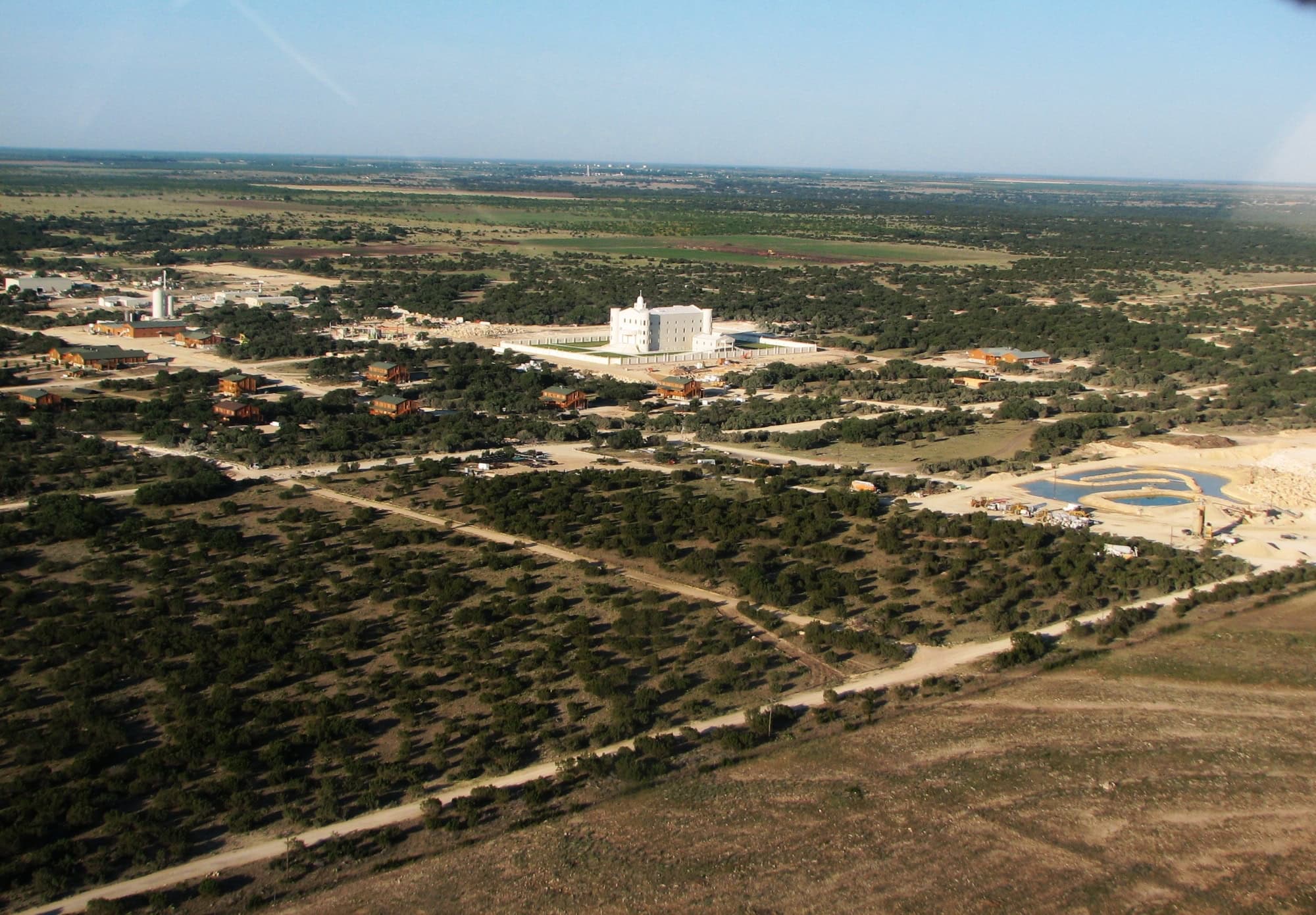Beth Hessel is executive director of the Presbyterian Historical Society (PHS). Beth lives in Philadelphia, Pennsylvania, and has been a member since 2009.
Website: www.history.pcusa.org
Beth Hessel
Alma maters: BA (History), University of California, Davis, 1992; MA (History), Binghamton University, SUNY, 1994; MDiv (Theology), San Francisco Theological Seminary, 1999; PhD (History), Texas Christian University, 2015
Fields of interest: US West, religion, race and ethnicity, gender, trans-Pacific relations, social movements
Describe your career path. What led you to where you are today? My path wandered from a history MA to the software industry and then seminary and ordination as a pastor in the Presbyterian Church (USA). Years of pastoring returned me to my deep love for history, teaching, and research (and a doctorate in history). As the head of my denomination’s national archives, I utilize skills gained as a pastor and a scholar and knowledge of both church and academia to guide PHS into an innovative and sustainable future.
What do you like the most about where you live and work? PHS is one of the oldest and largest denominational archives in the US. I have access to 500 years of denominational and ecumenical history in our collections and the opportunity to work every day with a team of smart, dedicated, professional archivists; travel the country doing outreach and donor development; and create exciting partnerships with other cultural, educational, and historical institutions. Philadelphia is a historically and culturally rich and vibrant metropolitan area in which to work and raise my kids.
What projects are you currently working on? Personally, I am turning into a manuscript my dissertation about the WWII work of ecumenical missionaries with Japanese Americans and writing a short history of American Presbyterians for a lay audience. For work, I am leading an NEH grant initiative to digitize some 68,000 Religious News Service photos from 1945–82; developing a rewarding student research partnership with the Community College of Philadelphia; overseeing our LGBTQ records collecting and fundraising initiative and international efforts to commemorate the 1919 Korean March 1 Movement through digitization of missionary records; helping congregations in Puerto Rico revitalize through records preservation and an oral history program; and launching an African American leaders and congregations collecting and fundraising initiative.
Have your interests evolved since graduation? If so, how? I am deeply invested in questions about the intersections of religion, race and ethnicity, and gender. My research has expanded to include topics in Reformation history and narrowed to look specifically at Presbyterian history as played out in national and global narratives. Much of my time is spent in fundraising, strategic planning, and administration of a 25-member staff and a nonprofit board; I am doing a lot of reading and learning in those fields.
What’s the most fascinating thing you’ve ever found at the archives or while doing research? Missionary personnel files fascinate me: their applications and reference letters provide insight into personality, and letters from the field shed light on cultural and interpersonal dynamics. PHS holds the files of my missionary grandparents, including the letter my grandmother wrote the missions board on the death of her six-year-old middle son en route to the Philippines in 1946. What struck me is that she was always so composed, yet misspelled her own name when she signed that letter.
Is there an article, book, movie, blog etc. that you could recommend to fellow AHA members? I am reading Francis X. Blouin, Jr., and William G. Rosenberg’s Processing the Past: Contesting Authority in History and the Archives, and Nina Simon’s The Art of Relevance. The first is an engrossing study of the ways in which historians and archivists have diverged on the purpose of archives and how the two professions might again find common ground. The latter book challenges the traditional definitions of relevance and prods leaders of cultural institutions to utilize different lenses in order to diversify our audiences.
What do you value most about the history discipline? The meaning-making, assumption-destroying, infuriating, heartbreaking, hope-instilling, humanity-creating possibilities waiting in each unopened box of records.
Why is membership in the AHA important to you? Although I am not in a tenure-track teaching position, the AHA remains an important touchstone for my professional development. I appreciate the collegiality to be found with other members and opportunities for learning, advocacy, and leadership.
AHA members are involved in all fields of history, with wide-ranging specializations, interests, and areas of employment. To recognize our talented and eclectic membership, Perspectives Daily features a regular AHA Member Spotlight series.
This work is licensed under a Creative Commons Attribution-NonCommercial-NoDerivatives 4.0 International License. Attribution must provide author name, article title, Perspectives on History, date of publication, and a link to this page. This license applies only to the article, not to text or images used here by permission.



